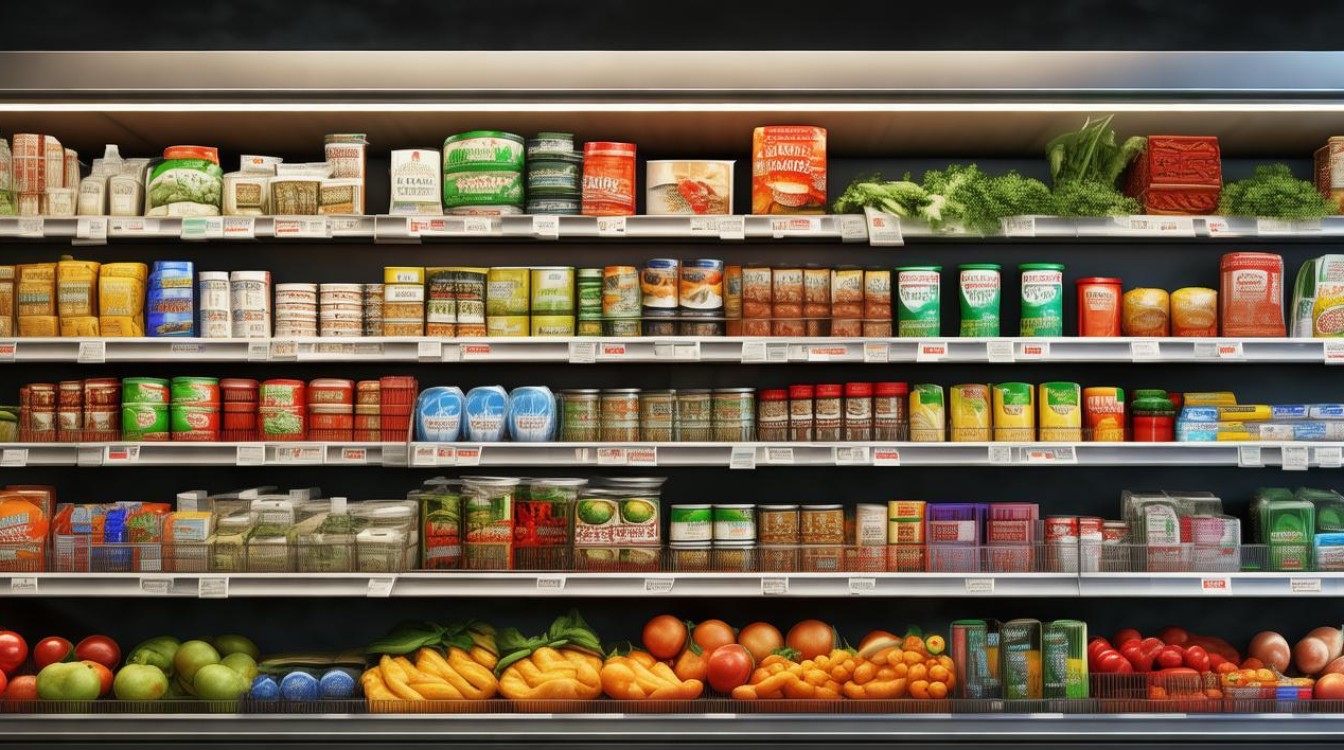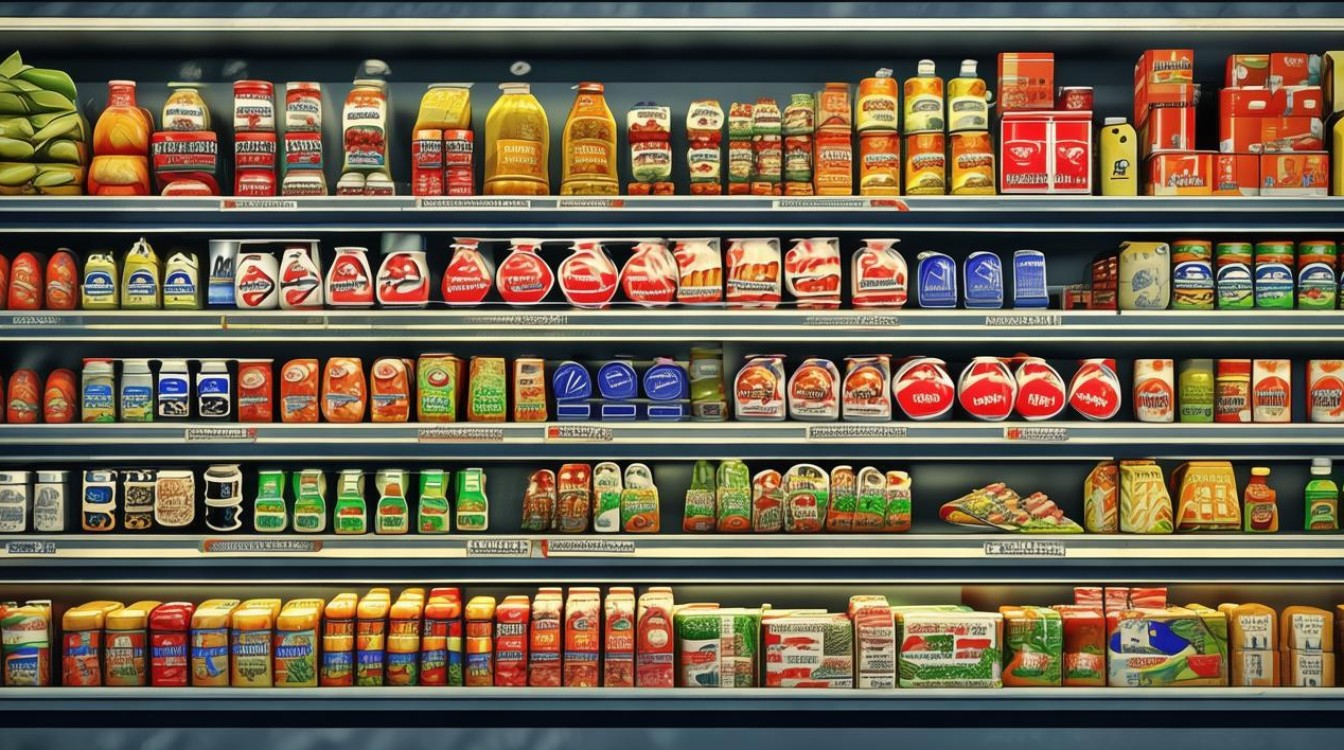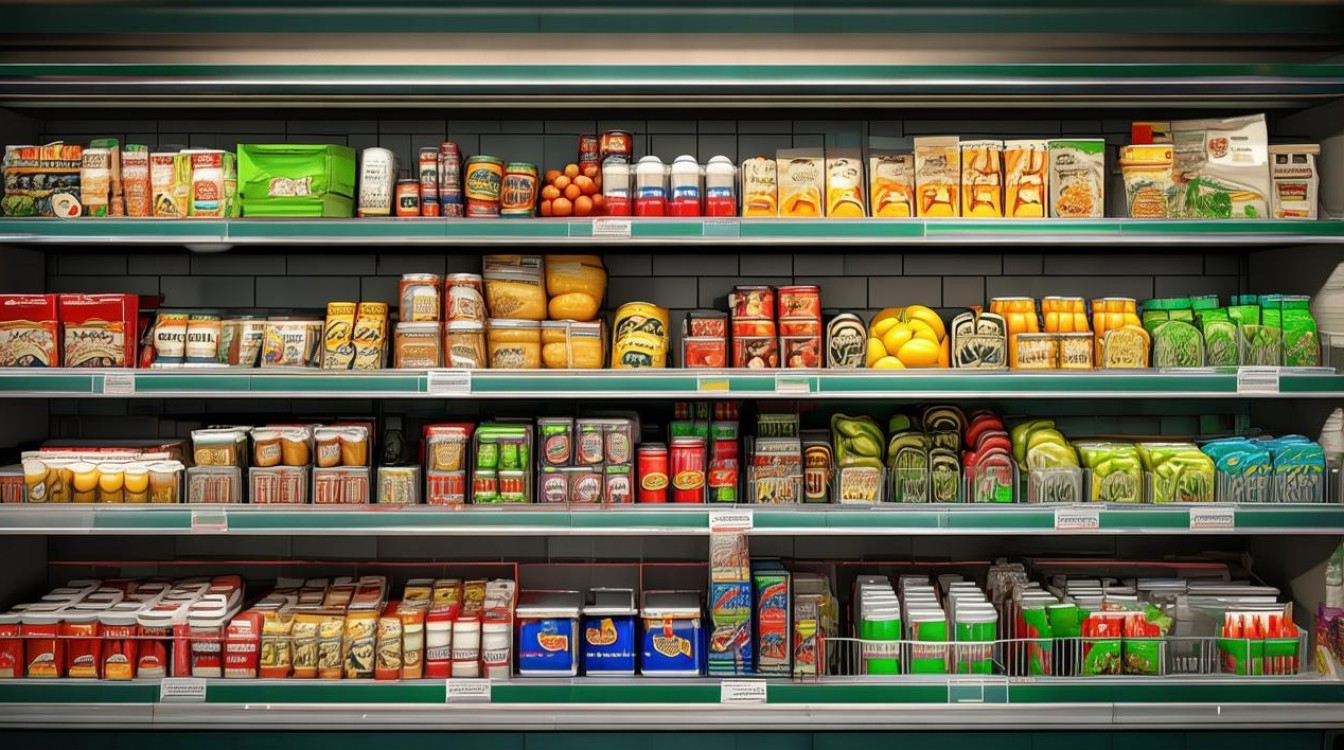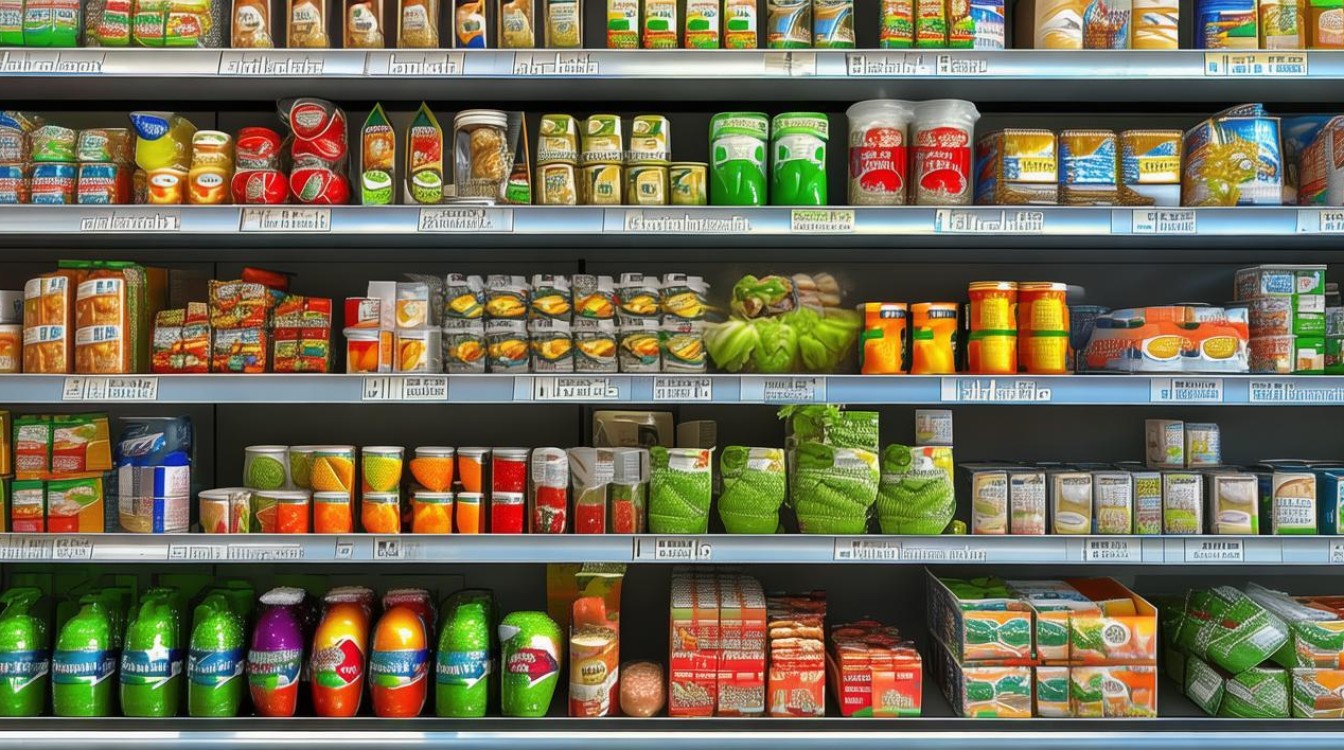Supermarkets are a hub of daily life, offering everything from fresh produce to household essentials. For English learners, shoppers, or anyone looking to expand their vocabulary, understanding the key terms related to supermarket categories is incredibly useful. This guide covers the most common English words and phrases used in grocery stores, helping you navigate aisles with confidence.

Fresh Produce Section
The produce section is where you find fresh fruits and vegetables. Here are some essential terms:
- Fruits: Apples, bananas, oranges, grapes, strawberries, blueberries, watermelon, pineapple, mango, kiwi.
- Vegetables: Carrots, broccoli, spinach, lettuce, tomatoes, cucumbers, bell peppers, onions, potatoes, garlic.
- Herbs: Basil, parsley, cilantro, mint, rosemary, thyme.
- Packaging Terms: Loose (sold individually), pre-packaged (in bags or boxes), organic (grown without synthetic pesticides).
Many supermarkets also label produce by type, such as "seasonal fruits" or "locally grown vegetables."
Dairy and Eggs
This section includes milk, cheese, yogurt, and eggs. Common words to know:
- Milk: Whole milk, skim milk, almond milk, soy milk, lactose-free milk.
- Cheese: Cheddar, mozzarella, Swiss, feta, cream cheese, shredded cheese.
- Yogurt: Greek yogurt, plain yogurt, flavored yogurt, probiotic yogurt.
- Eggs: Large eggs, free-range eggs, organic eggs, egg whites.
Some stores also have plant-based alternatives, like oat milk or vegan cheese.
Meat and Seafood
The meat department offers various protein options:
- Poultry: Chicken breast, turkey, duck, ground chicken.
- Red Meat: Beef steak, ground beef, pork chops, lamb.
- Processed Meats: Sausages, bacon, ham, deli meats.
- Seafood: Salmon, shrimp, tuna, cod, crab, mussels.
Labels may indicate "grass-fed," "organic," or "wild-caught" for higher-quality products.
Bakery and Bread
Freshly baked goods are a staple in supermarkets:

- Bread: White bread, whole wheat, sourdough, baguette, rye bread.
- Pastries: Croissants, muffins, doughnuts, cinnamon rolls.
- Cakes & Desserts: Cheesecake, cupcakes, cookies, brownies.
Many stores offer gluten-free or vegan options for those with dietary restrictions.
Frozen Foods
The frozen section provides convenience and longer shelf life:
- Frozen Vegetables: Peas, corn, mixed vegetables, spinach.
- Frozen Meals: Pizza, lasagna, microwave dinners.
- Frozen Desserts: Ice cream, sorbet, frozen yogurt.
- Frozen Seafood & Meat: Frozen shrimp, chicken nuggets, fish fillets.
Look for terms like "flash-frozen" (preserves freshness) or "ready-to-cook."
Canned and Packaged Goods
Non-perishable items are stored here:
- Canned Vegetables & Fruits: Peaches, pineapples, green beans, corn.
- Canned Proteins: Tuna, beans, chickpeas, spam.
- Soups & Broths: Chicken noodle soup, tomato soup, vegetable broth.
- Pasta & Rice: Spaghetti, macaroni, basmati rice, jasmine rice.
Many shoppers look for "low-sodium" or "BPA-free" labels for healthier choices.
Snacks and Confectionery
This section is filled with treats and quick bites:
- Chips & Crackers: Potato chips, tortilla chips, pretzels, saltines.
- Chocolate & Candy: Dark chocolate, gummy bears, licorice, mints.
- Nuts & Seeds: Almonds, peanuts, sunflower seeds, trail mix.
- Granola & Energy Bars: Protein bars, cereal bars, granola clusters.
Some supermarkets also have "organic snacks" or "sugar-free options."

Beverages
From juices to sodas, the beverage aisle is vast:
- Soft Drinks: Cola, lemon-lime soda, ginger ale.
- Juices: Orange juice, apple juice, cranberry juice.
- Water: Mineral water, sparkling water, flavored water.
- Alcoholic Drinks: Beer, wine, spirits (usually in a separate section).
Many shoppers now prefer "low-calorie" or "natural" drink options.
Household and Cleaning Supplies
Supermarkets also stock everyday essentials:
- Detergents: Laundry detergent, dish soap, fabric softener.
- Cleaning Products: All-purpose cleaner, glass cleaner, disinfectant wipes.
- Paper Goods: Toilet paper, paper towels, napkins.
Eco-conscious consumers look for "biodegradable" or "non-toxic" labels.
Personal Care and Health
This section includes hygiene and wellness products:
- Shampoo & Conditioner: Volumizing shampoo, moisturizing conditioner.
- Soap & Body Wash: Bar soap, liquid soap, shower gel.
- Oral Care: Toothpaste, mouthwash, dental floss.
- Vitamins & Supplements: Multivitamins, protein powder, probiotics.
Many stores now offer "cruelty-free" or "vegan" personal care items.
Baby and Pet Care
Specialized sections for babies and pets:

- Baby Food: Pureed fruits, cereal, formula.
- Diapers & Wipes: Disposable diapers, baby wipes.
- Pet Food: Dog food, cat food, birdseed.
- Pet Supplies: Litter, chew toys, flea treatment.
Parents and pet owners often check for "hypoallergenic" or "grain-free" options.
International and Specialty Foods
Many supermarkets have global cuisine sections:
- Asian Foods: Soy sauce, ramen, rice vinegar.
- Mexican Foods: Tortillas, salsa, taco seasoning.
- Italian Foods: Pasta sauce, olive oil, risotto.
Food enthusiasts enjoy exploring "authentic" or "imported" products.
Final Thoughts
Mastering supermarket vocabulary makes shopping smoother and helps in everyday conversations. Whether you're looking for fresh produce, pantry staples, or specialty items, knowing these terms ensures a more efficient experience. Next time you visit a grocery store, try identifying these sections and products—it’s a great way to practice English in real-life situations.



